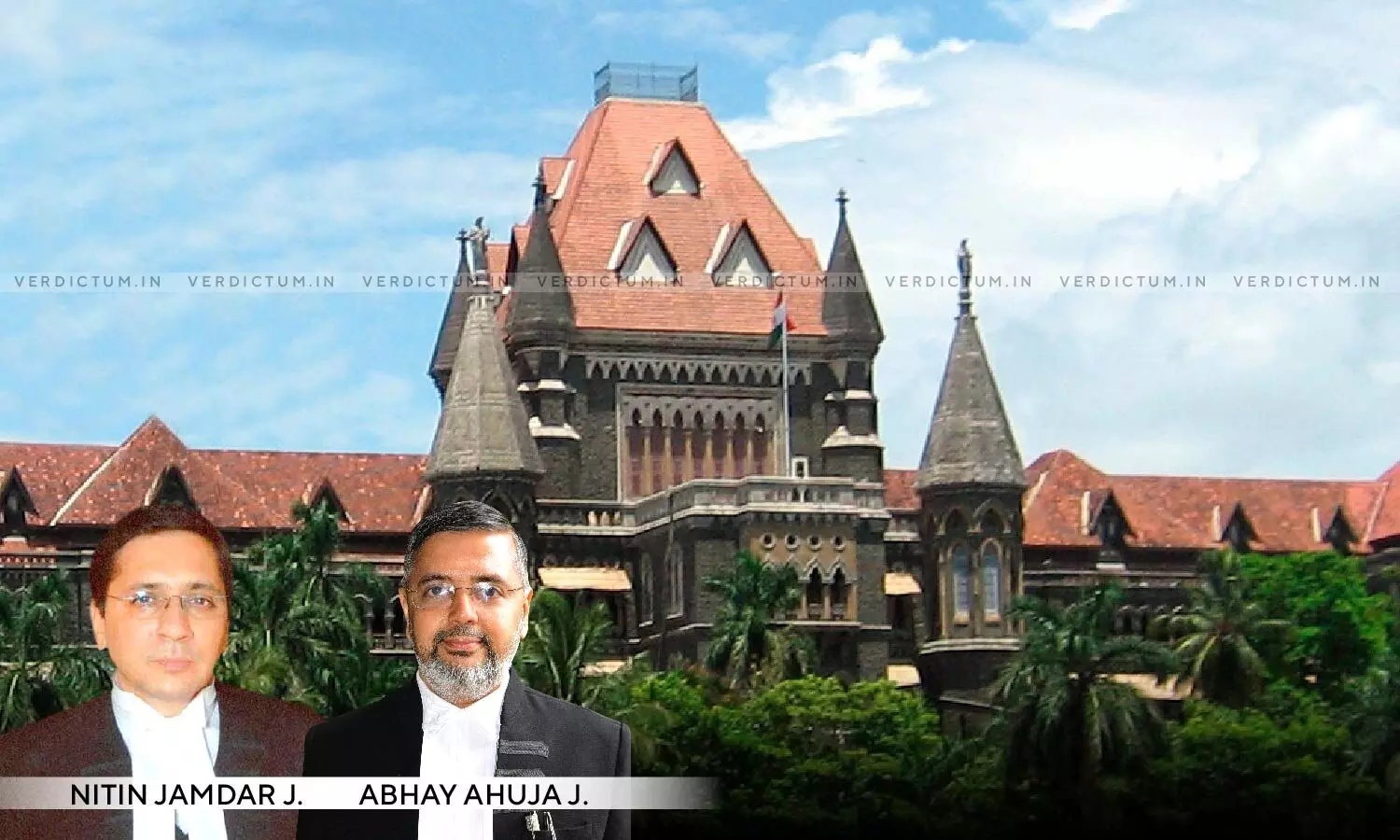
Government Should Pay Rewards To Encourage Informers To Come Forward As They Take Enormous Risk- Bombay HC
 |
|The Bombay High Court directed the Centre to pay reward to the widow of a man who had tipped Customs officials about smuggled diamonds worth around Rs. 90 lakhs in 1991 and observed that the informers took enormous risk in providing information which led to successful seizure of the smuggled goods and the government should encourage such informers.
The Bench of Justice Nitin Jamdar and Justice Abhay Ahuja observed that “Though there is no legal right to demand a reward, as stated in the policy, the rejection must not be arbitrary, and the approach should not be such that it discourages the Informers from coming forward. Ultimately, the objective of offering a reward to the Informer is to aid the department in taking measures to safeguard the public exchequer.”
In this case, the petitioner’s husband- Chandrakant had in March 1991 provided specific inputs to the office of the Marine and Preventive wing of the Mumbai Commissionerate of Customs about smuggled diamonds.
The Customs department searched the premises of some jewellers and recovered rough diamonds worth Rs. 3.21 lakh and polished diamonds worth Rs. 84.47 lakhs and thereafter, petitioner’s husband was paid Rs 1 lakh in April 1993 and Rs. 2 lakhs in 1999 as advances for the reward under the circular titled as 'Guidelines for grant of reward to Informers and Government Servants, 2015'.
Several representations were sent by petitioner's husband and the petitioner to the Customs department for the release of the final reward as per the policy and on not receiving any satisfactory reply to the representations made, the petitioner approached the High Court and prayed for directing the respondents to release the final reward which was due to her husband-Chandrakant under the policy.
Advocate Ashok Singh appeared for the petitioner and Advocate Dhananjay Deshmukh appeared for the respondent.
It was contended by the customs department that they needed to verify if Chandrakant was the real informer as the signature on the information note and the signature on the ration card and pan card provided by the Petitioner did not match.
The Court rejected the contention and noted that earlier two advance payments were released only after establishing the identity of the informer and that there was no communication wherein the identity or the right of Chandrakant to claim the reward was questioned.
The Court noted that though there was no legal right to demand a reward but the same should not have been rejected arbitrarily and observed that “Unfortunately, in this case the Respondents have taken a rigid stand, when the correct approach would have been to go by broad probabilities of the case, the peculiar circumstances of the case and the hardship of the Petitioner and should have handled this case with sensitivity.”
Therefore, the Court held that the petitioner’s claim was meritorious and non-interference in the writ jurisdiction would amount to a failure of justice.
Accordingly, the Court directed the respondents to quantify the exact amount as per the policy and the same be paid within 12 weeks.
Cause Title- Jayashree Chandrakant Dhavre v. Union of India & Ors.
Click here to read/download the Judgment